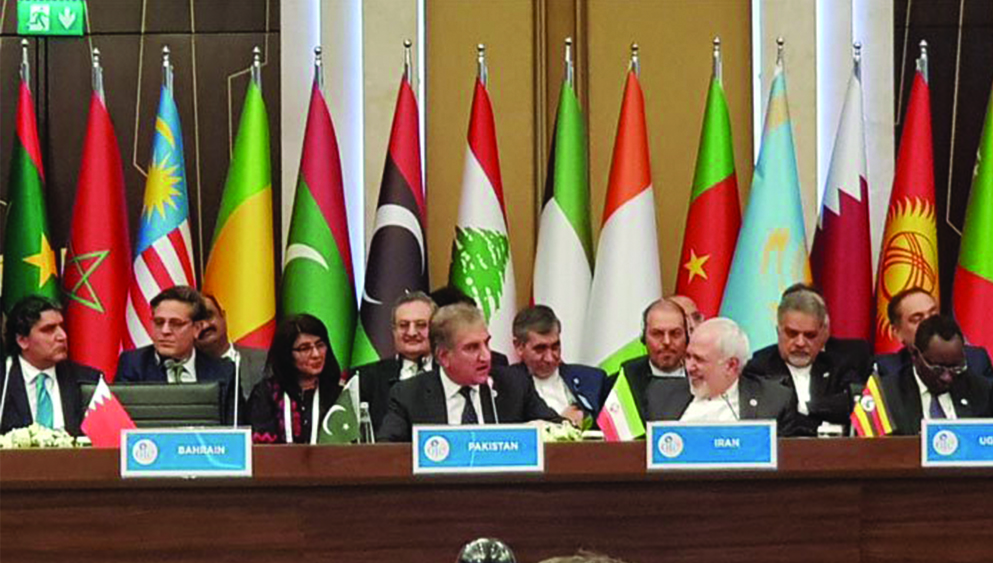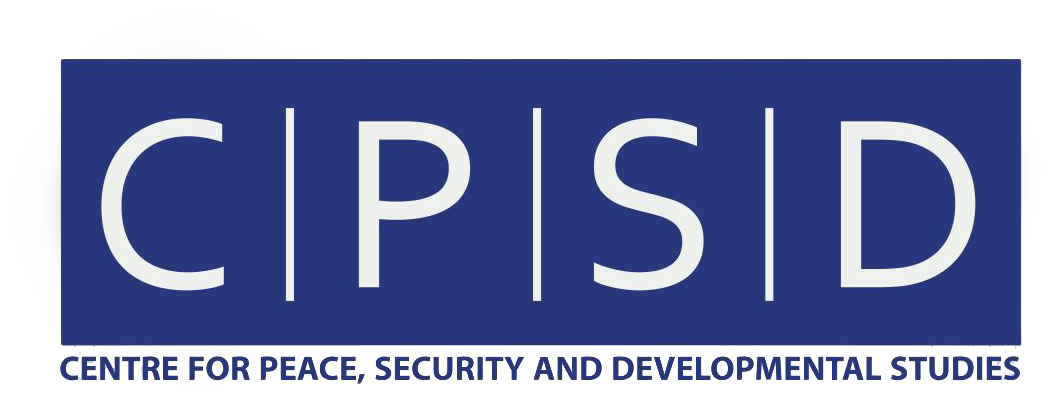Blog
Securing Pakistan’s Interest amid Saudi-Iran Rivalry

Caught in the Crossfire: Pakistan’s Dilemma in the Iran–Saudi Arabia Conflict
Escalation in the Middle East: May–June 2019
In May 2019, tensions in the Middle East escalated once again as Houthi rebels — backed by Iran — launched attacks on oil tankers and oil facilities in Saudi Arabia. The group claimed responsibility on Twitter, framing the attacks as retaliation for what they called Saudi Arabia’s “genocide” in Yemen. The incident sparked immediate condemnation from Saudi Arabia, the United States, and the United Arab Emirates, who held Iran responsible for destabilizing peace in the region. Iran, however, firmly denied any involvement.
The situation intensified in June when two commercial tankers were attacked in the Gulf of Oman. Once again, fingers were pointed at Iran by both the US and Saudi Arabia, while Iran maintained its stance of non-involvement.
Pakistan’s Position: Striving for Neutrality
Amid these rising tensions, Pakistan has consistently reiterated its neutral stance on conflicts in the Middle East. However, maintaining this position is becoming increasingly difficult. The country's fragile economy and deepening diplomatic ties with both Iran and Saudi Arabia place Islamabad in a precarious situation. With both regional powers exerting pressure, Pakistan’s long-standing neutrality is being tested like never before.
Saudi Arabia and Pakistan: A Friend in Need
Pakistan and Saudi Arabia share a history of strategic and defense cooperation. In May 2019, the Kingdom extended a $3.2 billion deferred oil and gas payment facility to help Pakistan address its energy crisis. Such economic support makes it challenging for Pakistan to refuse Saudi diplomatic overtures.
When Saudi Arabia called an emergency summit of the Organization of Islamic Cooperation (OIC) to address Iran’s actions, Pakistan attended — a move that signaled tacit support for the Kingdom. Although Pakistan maintained that its participation was in the interest of promoting peace and unity in the Muslim world, its room for neutrality appears to be shrinking.
Pakistan and Iran: A Bittersweet Relationship
Pakistan shares a long border and a complex relationship with Iran. With a significant Shia population and tense relations with neighbors like India and Afghanistan, Islamabad has strategic reasons to maintain cordial ties with Tehran. However, cross-border terrorism has strained the relationship. A recent terrorist attack in Ormara was believed to have been planned by non-state actors in Iran, while Iran has accused Pakistani militants of targeting its border forces.
To address these tensions, Iran’s Foreign Minister visited Pakistan in May 2019, emphasizing Tehran’s desire to strengthen ties. He proposed linking the Iranian port of Chabahar with Pakistan’s Gwadar port, potentially connecting both countries to Central Asia and beyond through an expansive railway network. Yet, with the geopolitical climate worsening, such ambitions remain far from realization.
A Tough Decision Ahead for Pakistan
For a developing country like Pakistan, the growing hostility between Iran and Saudi Arabia presents significant economic and diplomatic challenges. With Iran under international sanctions and seeking allies in the region, Islamabad is under increasing pressure to choose a side.
However, Pakistan’s support for the Saudi-led Islamic Military Counter Terrorism Coalition (IMCTC) and the substantial financial assistance it receives from the Kingdom suggest that its tilt toward Riyadh is already underway. As the geopolitical rivalry deepens, Pakistan’s historic balancing act may no longer be sustainable.
Conclusion
While Pakistan continues to advocate for peace and Muslim unity, the realities of regional politics, economic dependencies, and defense alliances indicate a likely alignment with Saudi Arabia in the event of further conflict. The cost of neutrality is becoming too high, and the space for independent foreign policy decisions is narrowing by the day.
